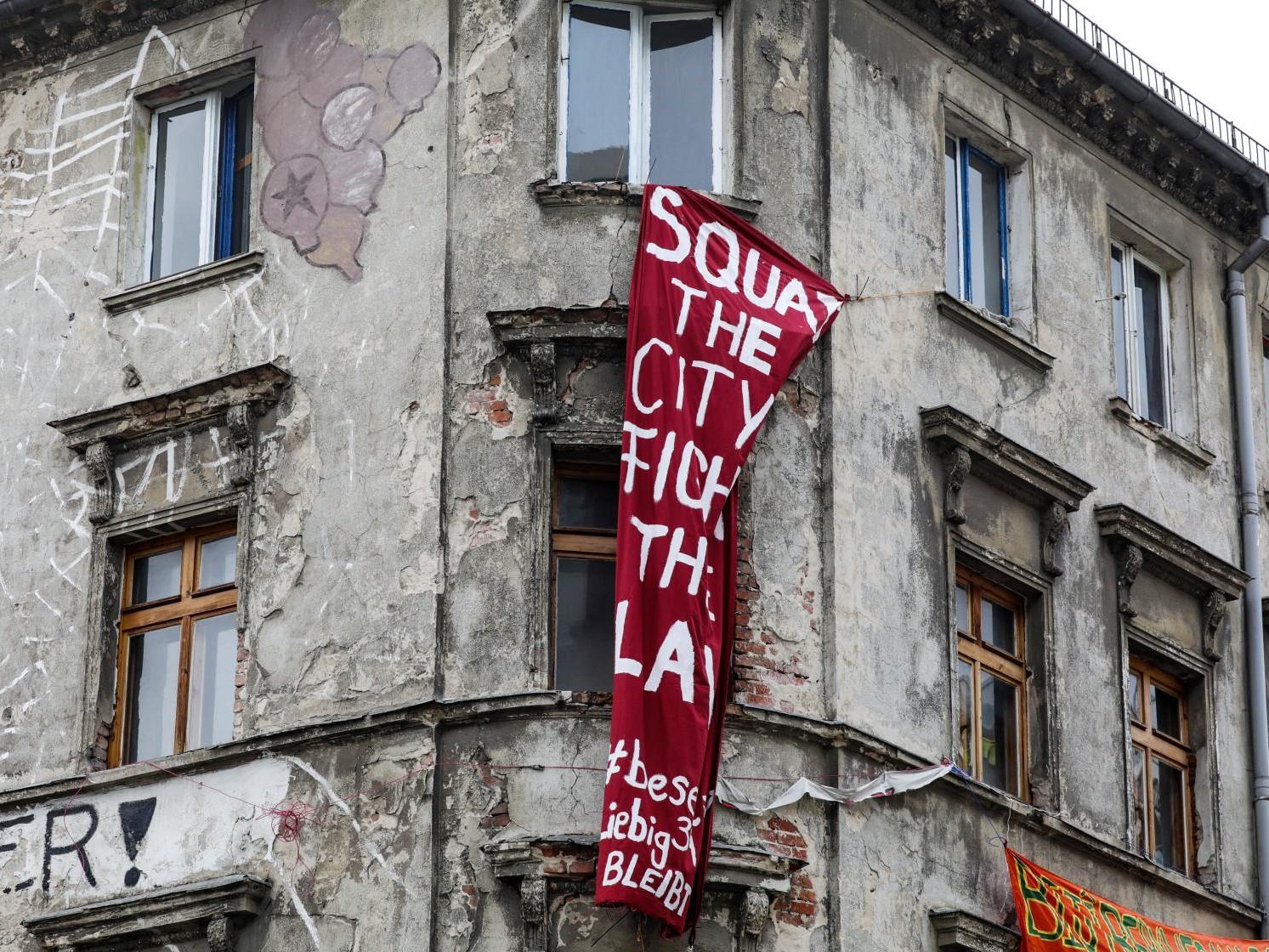This website uses cookies so that we can provide you with the best user experience possible. Cookie information is stored in your browser and performs functions such as recognising you when you return to our website and helping our team to understand which sections of the website you find most interesting and useful.

Berlin is freezing the rents of 1.5 million apartments for the next five years starting this Sunday in a controversial move to control the exploding costs that have forced many to move outside Germany’s capital city.
Berlin is the first German city to influence the rental prices so directly and the law has been both celebrated as a step toward more fairness by its supporters and ripped apart as a socialist method by critics.
“It is correct that Berlin tries to stop the spiraling rent costs,” Ulrich Ropertz, the head of the German Tenants Association, told German news agency dpa. “The federal legislature has missed the opportunity to pass effective measures in recent years.”
Only a minority of Berliners own their homes or apartments — as in the rest of the country, the majority of people traditionally rent their homes.
The German capital had been a low-rent mecca after the fall of the Berlin Wall in 1989 when it opened the gates to the economically depressed former communist east of the city.
Created with Sketch.
Created with Sketch.
1/10 Henri Hotel
A light-filled bedroom at Henri Hotel
Henri Hotel
2/10 The Weinmeister
Treat yourself to a rooftop hot tub at The Weinmeister
The Weinmeister
3/10 Hüttenpalast
Bedding down at Hüttenpalast is a unique experience
Hüttenpalast
4/10 The Yard
The Yard: ideal for peace and relaxation
The Yard
5/10 Gat Point Charlie
It might be budget, but it comes complete with a balcony
Gat Point Charlie
6/10 Wallyard Concept Hostel
Sip cocktails in the Wallyard's lobby and bar
Wallyard Concept Hostel
7/10 Titantic Chaussee
The inviting pool at Titantic Chaussee
Titantic Chaussee
8/10 The Circus Hotel
Relax in the colourful lounge of The Circus
The Circus Berlin
9/10 Vienna Easy House Hotel
The bold hues at Vienna Easy House Hotel are perfect for families
Vienna Easy House Hotel
10/10 Motel One
Motel One is perfectly located for visitors seeking some retail therapy
Motel One
1/10 Henri Hotel
A light-filled bedroom at Henri Hotel
Henri Hotel
2/10 The Weinmeister
Treat yourself to a rooftop hot tub at The Weinmeister
The Weinmeister
3/10 Hüttenpalast
Bedding down at Hüttenpalast is a unique experience
Hüttenpalast
4/10 The Yard
The Yard: ideal for peace and relaxation
The Yard
5/10 Gat Point Charlie
It might be budget, but it comes complete with a balcony
Gat Point Charlie
6/10 Wallyard Concept Hostel
Sip cocktails in the Wallyard's lobby and bar
Wallyard Concept Hostel
7/10 Titantic Chaussee
The inviting pool at Titantic Chaussee
Titantic Chaussee
8/10 The Circus Hotel
Relax in the colourful lounge of The Circus
The Circus Berlin
9/10 Vienna Easy House Hotel
The bold hues at Vienna Easy House Hotel are perfect for families
Vienna Easy House Hotel
10/10 Motel One
Motel One is perfectly located for visitors seeking some retail therapy
Motel One
That gave rise to an influx of artists and others seeking a more bohemian way of life. However, in recent years, rents have skyrocketed in the city of more than 3.7 million inhabitants, pushing middle class families from Berlin’s central residential neighbourhoods like Mitte or Prenzlauer Berg to the outskirts. Even traditionally working class and immigrant neighbourhoods like Neukoelln or Kreuzberg have become so gentrified that long-time tenants can no longer afford the rising rents.
In addition there is an overall housing shortage in Berlin, which makes it even more difficult for newcomers or those who get pushed out of their homes due to the rent spike to find new, affordable living accommodations.
The rent freeze is supposed to keep rents for apartments that were built before 2014 at the current level for the next five years. Critics have pointed out that the rent freeze will keep landlords from investing any money into much-needed renovations of homes, because they cannot raise the rent afterward.
Tenants, who think their rent isover-priced, have been encouraged by pro-tenant organizations to ask their landlords for a reduction in rent. However, the controversial law has been taken to court by its opponents and some experts have warned tenants to keep all the extra money that they may now be saving on the side, in case the rent freeze is eventually overturned in court.
The rent freeze, which was implemented by Berlin’s left-leaning coalition government, has been strongly criticised by Chancellor Angela Merkel‘s more conservative Christian Democrats, who are in the opposition in Berlin’s city-state government.
In a statement on Sunday, the Berlin faction of the Christian Democrats wrote that, “the law is not a solution for the continuing housing shortage... The freeze does not help anybody if, in the end, saved rent has to possibly be paid back.”
Associated Press



 Africana55 Radio
Africana55 Radio 

